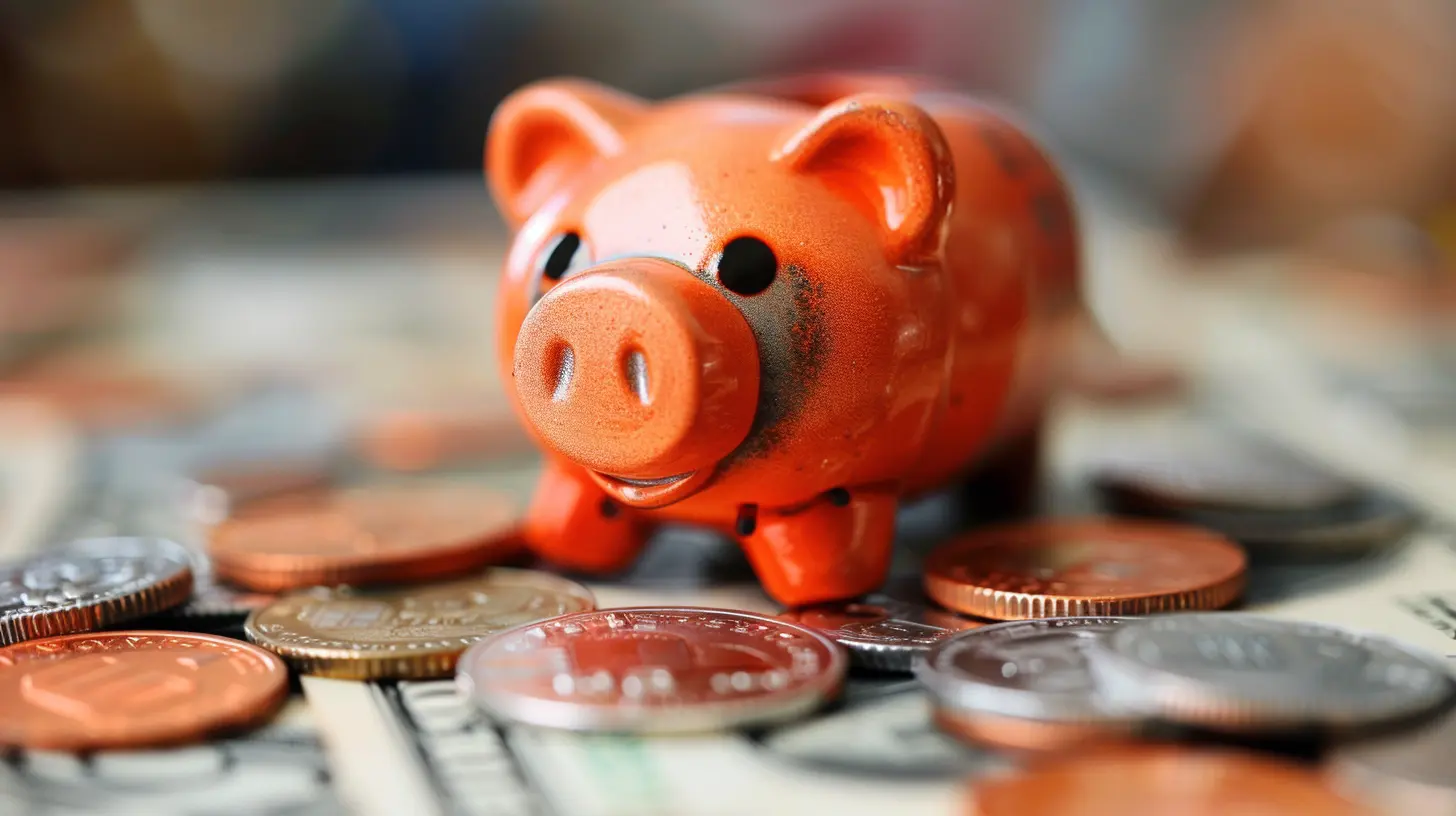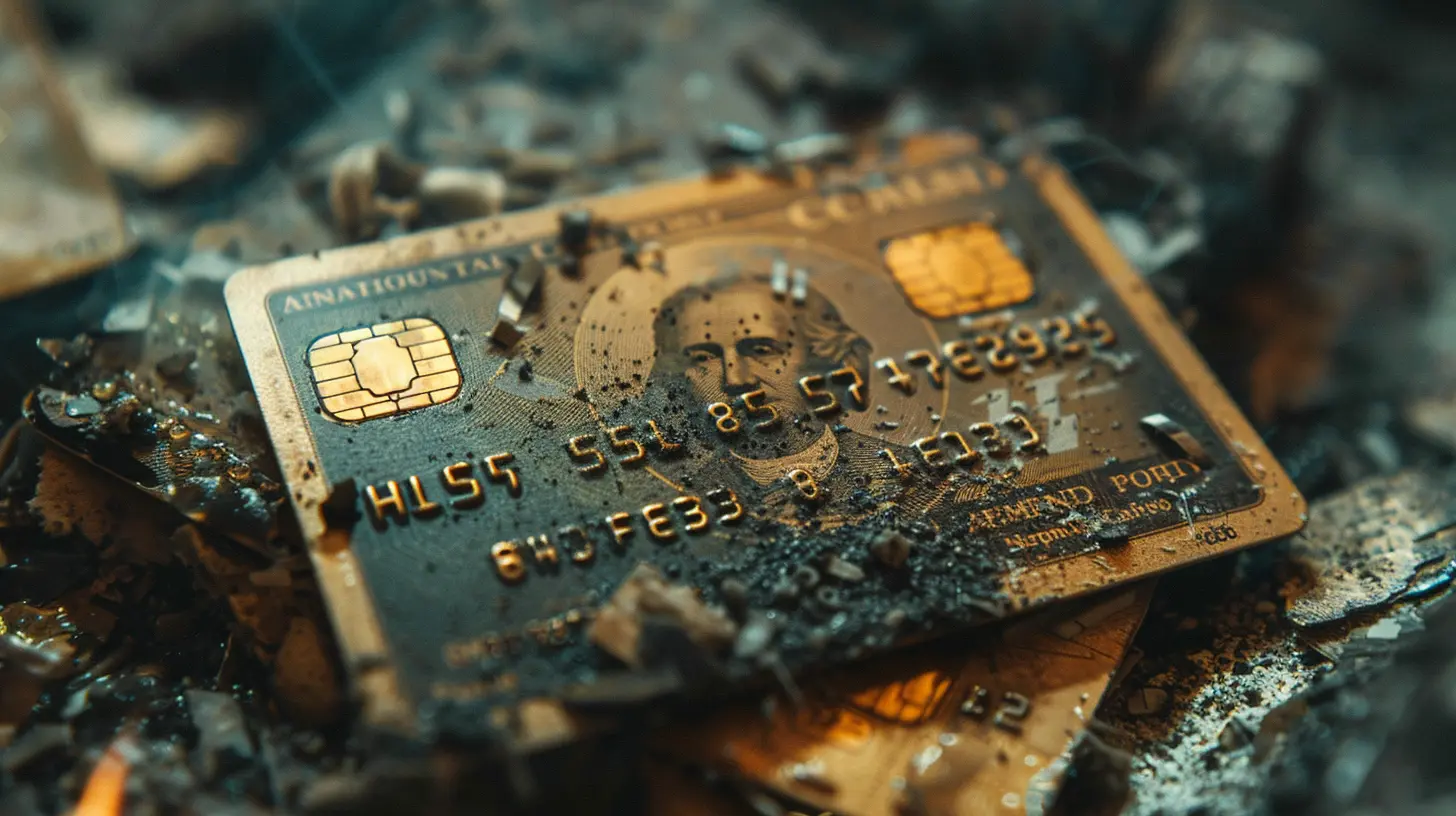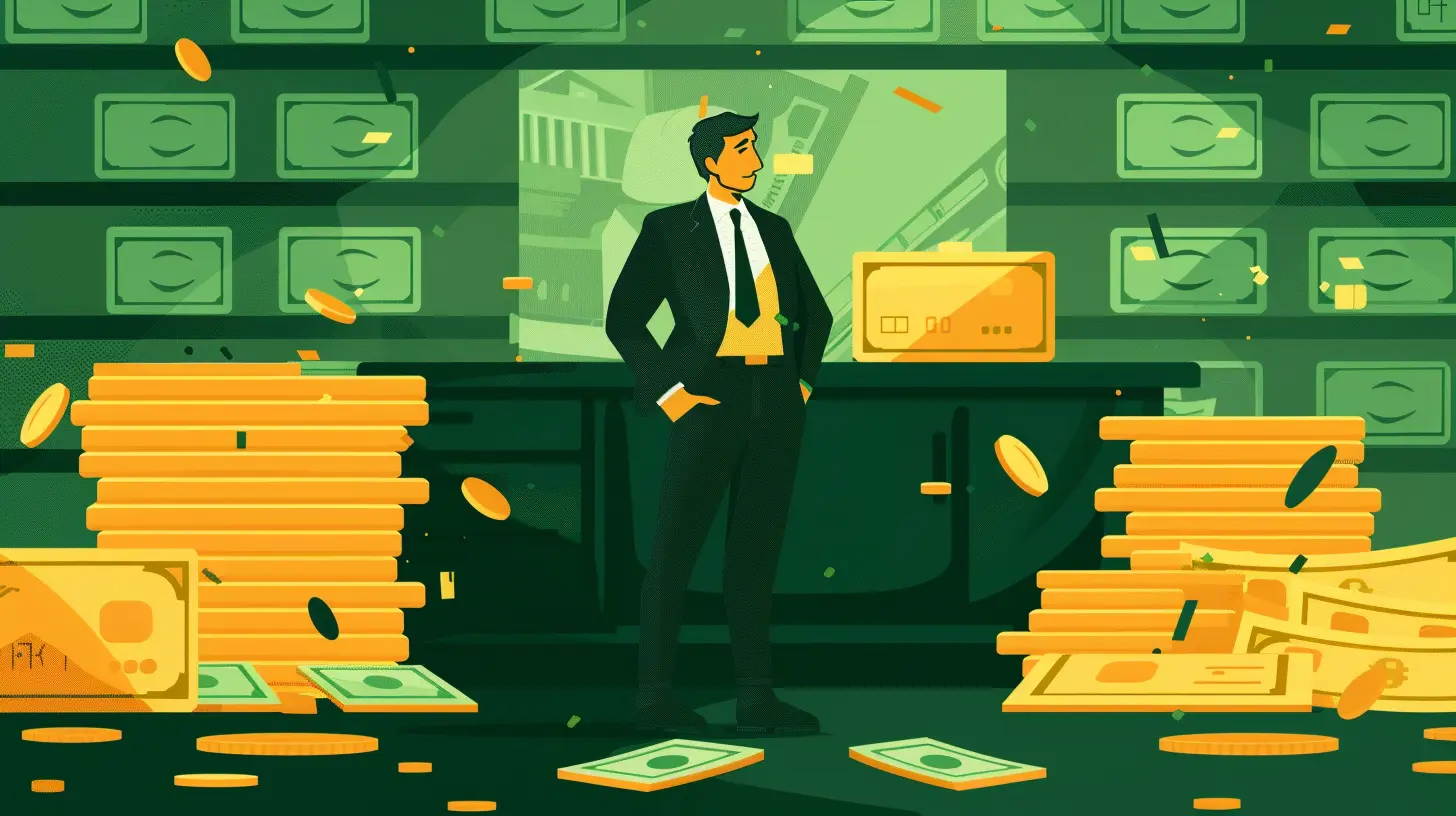The Downside of Credit Card Rewards: What to Watch Out For
23 August 2025
Credit card rewards seem like a dream come true—free travel, cashback, and exclusive perks just for using your card. Sounds like easy money, right? Well, not so fast. While credit card rewards can be a great way to stretch your spending power, they're not all sunshine and rainbows.
In fact, there are some hidden pitfalls that could cost you more than you gain. So, before you start swiping your way to that dream vacation, let's talk about the downsides of credit card rewards and what you need to watch out for. 
1. High Interest Rates Can Wipe Out Your Rewards
One of the biggest traps of credit card rewards is the high interest rates. Credit card companies aren’t giving away free perks out of the kindness of their hearts—they're banking on the fact that you'll carry a balance.If you're not paying your balance in full every month, the interest charges can quickly add up, completely erasing any rewards you’ve earned. What’s the point of getting 1.5% cashback when you're paying 20% in interest? You could end up paying more in interest than the value of the rewards themselves.
Tip: If you have to carry a balance, focus on finding a low-interest credit card instead of chasing rewards. 
2. Temptation to Overspend
Rewards programs are designed to encourage spending. The more you swipe, the more points you earn—that’s how they get you. It’s easy to justify unnecessary purchases when you’re thinking about how many miles or cashback you'll rack up.For example, let’s say you convince yourself to buy a $1,000 gadget because you’ll earn 3% cashback. Sure, you’ll get $30 back, but you just spent $1,000 you might not have otherwise. It’s like buying something you don’t need just because it’s on sale—it doesn’t actually save you money.
Tip: Stick to a budget and use your credit card only for essential purchases, not as an excuse to spend. 
3. Annual Fees Can Eat Into Your Rewards
Many of the most attractive reward credit cards come with hefty annual fees. While these fees might be worth it if you’re maximizing your benefits, they can easily cancel out your earnings if you're not careful.Let’s say your card offers $200 in travel rewards, but you’re paying a $150 annual fee. That means you're only really getting $50 in value—assuming you use the rewards efficiently.
Tip: Always calculate whether the rewards and perks outweigh the annual fee. If you're not getting enough value, consider a no-annual-fee card. 
4. Reward Restrictions and Expirations
Earning rewards is the easy part—actually using them can be a different story. Many credit card reward programs have restrictions that make it difficult to redeem your points or miles.Common roadblocks include:
- Blackout dates on flights and hotel bookings
- Minimum redemption limits, meaning you can't use your rewards until you hit a certain threshold
- Limited availability on high-value redemptions
On top of that, some reward points expire if you don’t use them within a certain timeframe. That means all your hard-earned points could disappear if you don’t keep track of them.
Tip: Read the fine print on redemption policies and use your rewards before they expire.
5. Higher Chances of Getting Into Debt
Credit card rewards can create a false sense of financial security. When you're focused on points and cashback, it's easy to forget that you're still borrowing money. If you don’t keep track of your spending, you could end up in debt faster than you think.According to studies, people tend to spend more when using credit cards compared to cash. Why? Because swiping a card doesn’t feel the same as handing over physical money. Couple that with the allure of rewards, and you might find yourself spending way beyond your means.
Tip: Treat your credit card like a debit card—spend only what you can afford to pay off in full.
6. Deceptive Bonus Offers
Many credit cards lure people in with huge sign-up bonuses like "Earn 100,000 points after spending $5,000 in three months!" Sounds amazing—until you realize that you normally wouldn't spend that much in such a short period.Chasing bonus rewards can push you into unnecessary spending, which completely defeats the purpose.
Tip: Only go for sign-up bonuses if the required spending fits naturally into your budget.
7. Foreign Transaction Fees
Travel rewards credit cards may sound like the perfect companion for your next trip, but not all of them are actually travel-friendly. Some cards charge foreign transaction fees—typically around 3%—every time you make a purchase abroad.That means if you spend $2,000 on a vacation, you could be slapped with $60 in extra charges. If you’re not careful, these fees can quickly eat into the value of your rewards.
Tip: If you travel often, choose a credit card that doesn’t charge foreign transaction fees.
8. Credit Score Risks
Using credit cards irresponsibly can hurt your credit score, which can affect your ability to get a loan, rent an apartment, or even land a job.Here’s how pursuing rewards can damage your credit:
- High credit utilization: If you're spending more to earn rewards, you might be using too much of your available credit, which can lower your score.
- Opening too many cards: Each new credit application results in a hard inquiry, which can temporarily ding your score.
- Missed payments: If you're juggling multiple reward cards and miss a payment, your score can take a serious hit.
Tip: Keep your credit utilization low and always make payments on time.
9. Devaluation of Reward Points
Credit card companies can—and do—change their rewards programs whenever they want. Your once-valuable points can suddenly become worth less, meaning you’ll need more points to get the same reward.For example, a hotel that used to cost 25,000 points per night might suddenly jump to 40,000 points. This kind of devaluation makes it harder to get the benefits you originally signed up for.
Tip: Use your points sooner rather than later—hoarding them for years could make them less valuable over time.
10. Psychological Manipulation
At the end of the day, credit card rewards programs are designed to benefit the banks—not you. They use psychological tricks to keep you swiping, spending, and chasing points.- Gamification: Earning rewards feels like a game, making you want to "win" more points.
- Scarcity tactics: Limited-time promotions make you feel like you have to act fast.
- Loss aversion: The fear of "missing out" on points or perks keeps you engaged.
Tip: Stay aware of these tactics and remind yourself that credit cards are tools, not toys.
Final Thoughts
Credit card rewards can be great if you play the game wisely, but they come with plenty of hidden traps. Between high interest rates, annual fees, spending temptations, and redemption headaches, the downsides can sometimes outweigh the perks.The key is to stay disciplined—pay your balance in full, avoid unnecessary spending, and always read the fine print. If you can do that, you’ll reap the benefits without falling into financial quicksand.
So, is your credit card working for you, or are you working for it?
all images in this post were generated using AI tools
Category:
Credit Card RewardsAuthor:

Angelica Montgomery
Discussion
rate this article
1 comments
Max Nguyen
In the dance of rewards, a tempting charm, Yet shadows linger, with potential harm. Debt can whisper sweet, then roar with might; Beware the allure, keep your goals in sight. Balance joy and caution, to find true delight.
September 11, 2025 at 10:23 AM

Angelica Montgomery
Thank you for your insightful comment! You've captured the delicate balance between enjoying rewards and managing debt wisely.


